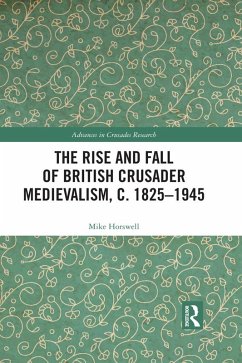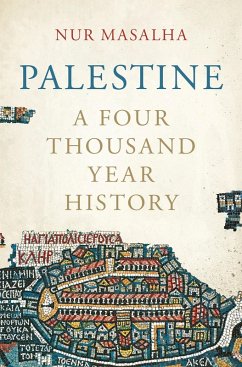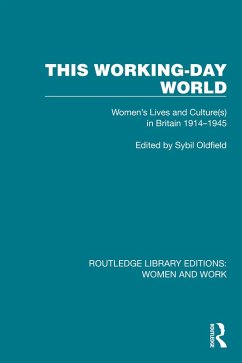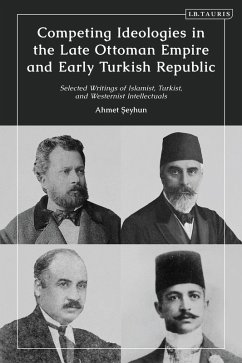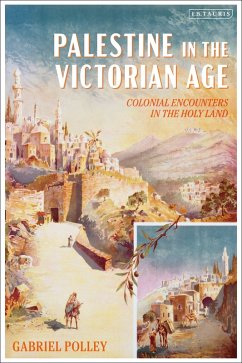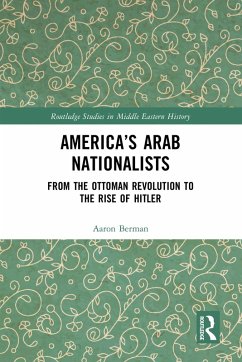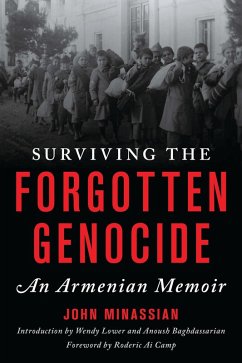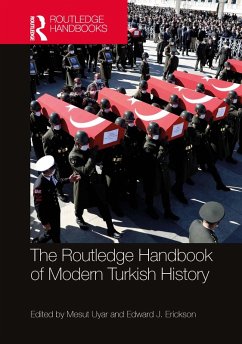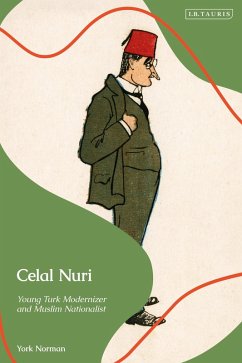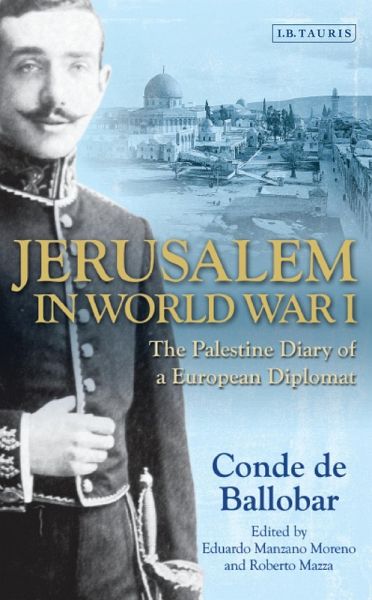
Jerusalem in World War I (eBook, PDF)
The Palestine Diary of a European Diplomat
Redaktion: Moreno, Eduardo Manzano; Mazza, Roberto

PAYBACK Punkte
8 °P sammeln!
After the British occupation of Jerusalem in December 1917, the newly appointed governor Ronald Storrs met with the Spanish consul Conde de Ballobar. Over a glass of wine, the two men discussed politics and the future of Palestine. Storrs later reported in his extremely popular memoir, that Ballobar wrote a diary which according to him was not going to be published in his lifetime. It took several decades before the diary was in fact published in 1996 in Spanish. In this book, Roberto Mazza introduces the reader to the diary of Ballobar, available in English here for the first time, and provid...
After the British occupation of Jerusalem in December 1917, the newly appointed governor Ronald Storrs met with the Spanish consul Conde de Ballobar. Over a glass of wine, the two men discussed politics and the future of Palestine. Storrs later reported in his extremely popular memoir, that Ballobar wrote a diary which according to him was not going to be published in his lifetime. It took several decades before the diary was in fact published in 1996 in Spanish. In this book, Roberto Mazza introduces the reader to the diary of Ballobar, available in English here for the first time, and provides a comprehensive historical background for readers in search of a fresh perspective on late Ottoman Jerusalem. In the autumn of 1914, Antonio de la Cierva y Lewita, better known as Conde de Ballobar, was sent to Jerusalem to take charge of the Spanish consulate in the city. He found himself at the centre of the socio-political life in Jerusalem and began to record events, experiences and opinions in a diary that has become an invaluable resource. The diary provides unique insight into late Ottoman Jerusalem - and the upheavals of wartime life in the city - and includes a detailed account of the battle amongst the local churches over control of the city's holy places. Also touching upon the development of Zionism and the establishment of British rule, Ballobar writes as a privileged observer of an exceptionally complex historical period. Jerusalem in World War I offers a precious record of events and insights on episodes and people often neglected due to a lack of original source material. Ballobar presents a vivid picture of a lively and dynamic city, making it unavoidable to draw parallels with the contemporary conflict and divisions. This book will be essential reading for students and scholars of the late-Ottoman Empire and World War I in the Middle East.




